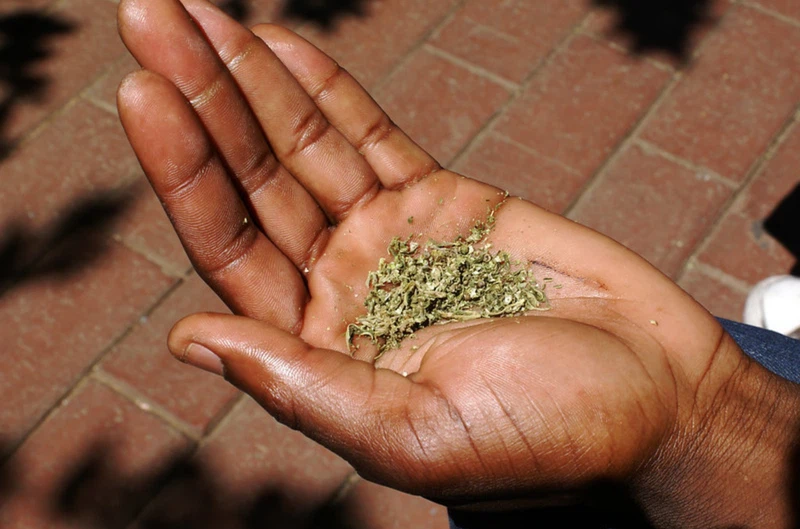South Africa’s SAPS Issues New Directive; A Step Towards Clarifying the Legal Landscape of Personal Cannabis Use
LOS ANGELES– In a significant move towards clarifying the legal landscape surrounding cannabis use in South Africa, the South African Police Services (SAPS) has recently issued a directive urging its officers to refrain from arresting individuals engaged in the personal cultivation and possession of cannabis. This directive, which took effect on August 23, 2023, aims to address the ongoing confusion and discrepancies in the enforcement of cannabis laws that have persisted since the 2018 Constitutional Court (ConCourt) ruling, also known as the Prince 3 ruling, which decriminalized personal cannabis use.
The ConCourt’s groundbreaking ruling in 2018 marked a pivotal shift in the nation’s stance on cannabis use, allowing individuals to cultivate and possess cannabis for personal use. However, it stopped short of extending the same protections to cannabis dealing, which remains a criminal activity under the existing Drugs and Trafficking Act, pending any amendments by the Parliament.
The recent directive from SAPS serves as a nuanced approach to bridge the gap between the ConCourt ruling and the existing legislation. It emphasizes the absence of any clear guidelines specifying the permissible quantities of cannabis for personal use. Moreover, it points out the lack of provisions to presume drug dealing based solely on the quantity of cannabis found in an individual’s possession.
In an effort to prevent unlawful arrests and detentions, the directive encourages SAPS members to liaise with the prosecuting authority before proceeding with arrests pertaining to cannabis possession, use, or cultivation. It goes on to define a private space as any area that is not publicly accessible as a matter of right, including the interiors of a motor vehicle. Furthermore, it acknowledges the role of traditional, cultural, or religious healers in dispensing small quantities of cannabis, categorizing such dispensations as private and personal possession.
This directive also carries a stern warning for police officers, stating that non-compliance with these guidelines may lead to disciplinary action. While this directive serves to elucidate the legal nuances surrounding personal cannabis use, it remains an internal document, indicating that the broader legal framework governing cannabis use in South Africa is still under evolution.
As South Africa navigates this complex and evolving legal terrain, it remains to be seen how these guidelines will influence the broader discourse on cannabis regulation and legislation in the nation. It marks a cautious yet significant step towards fostering a more nuanced and informed approach to cannabis enforcement in South Africa, aligning with global trends that are increasingly recognizing the need for reform in cannabis legislation.



































